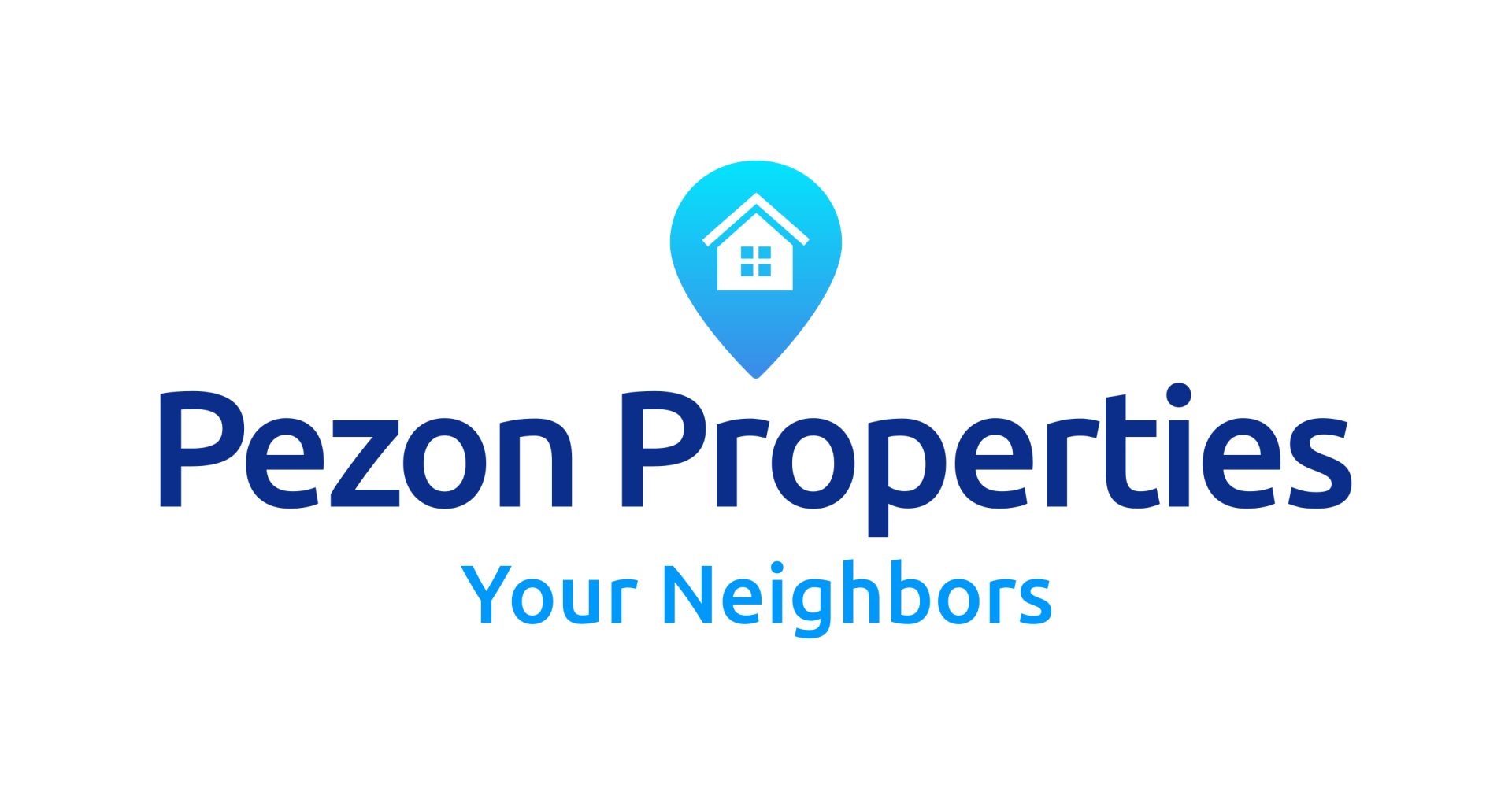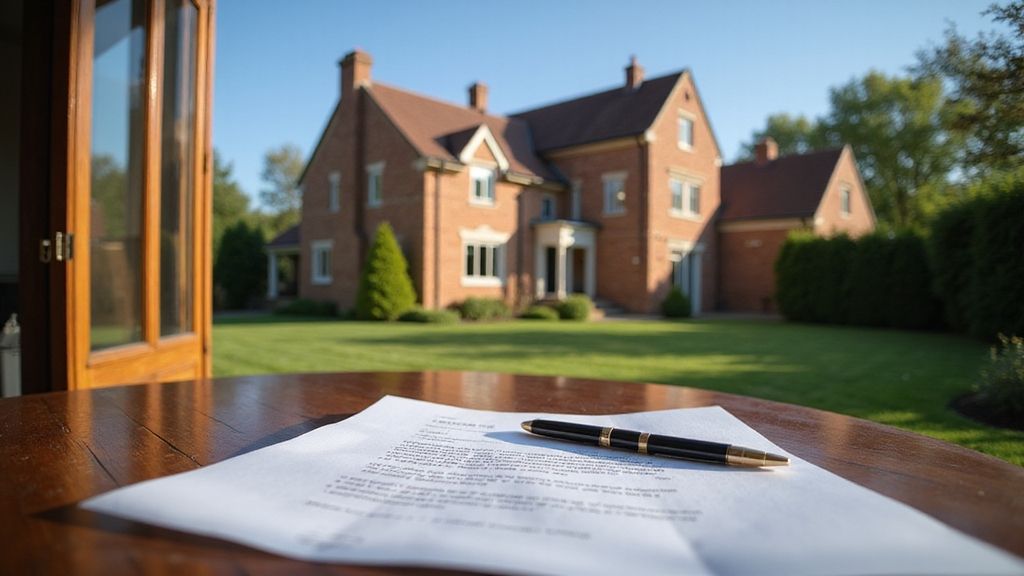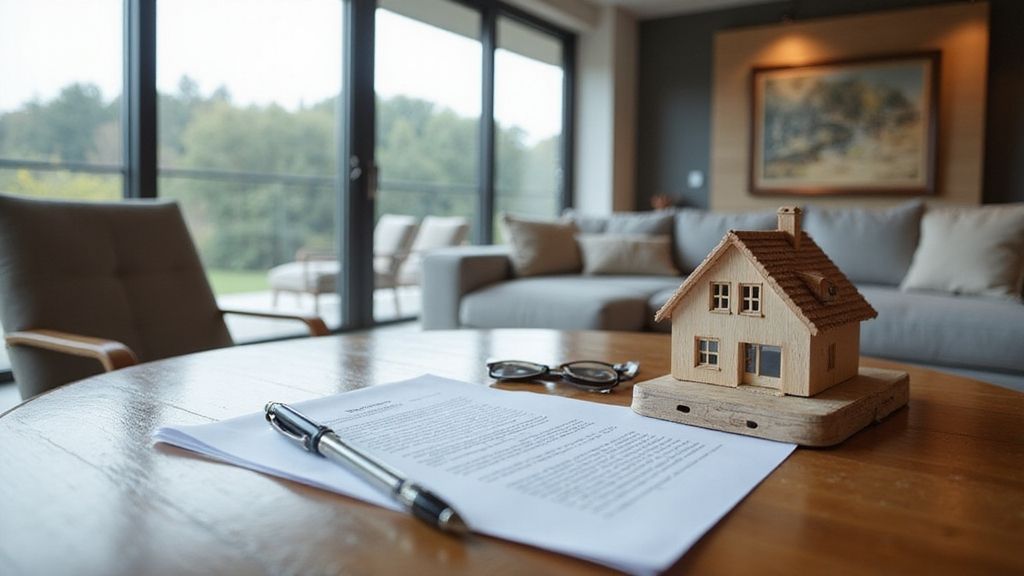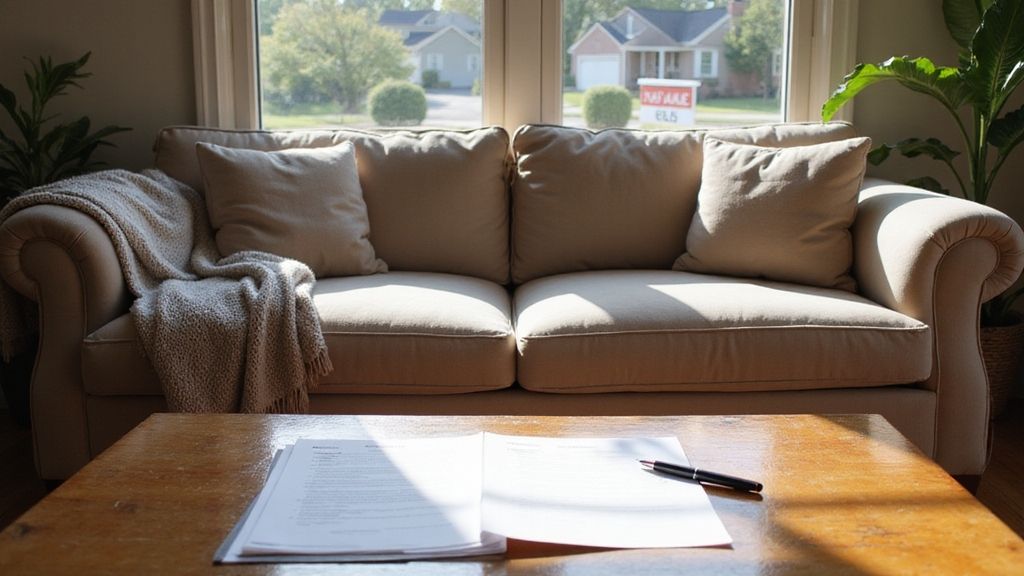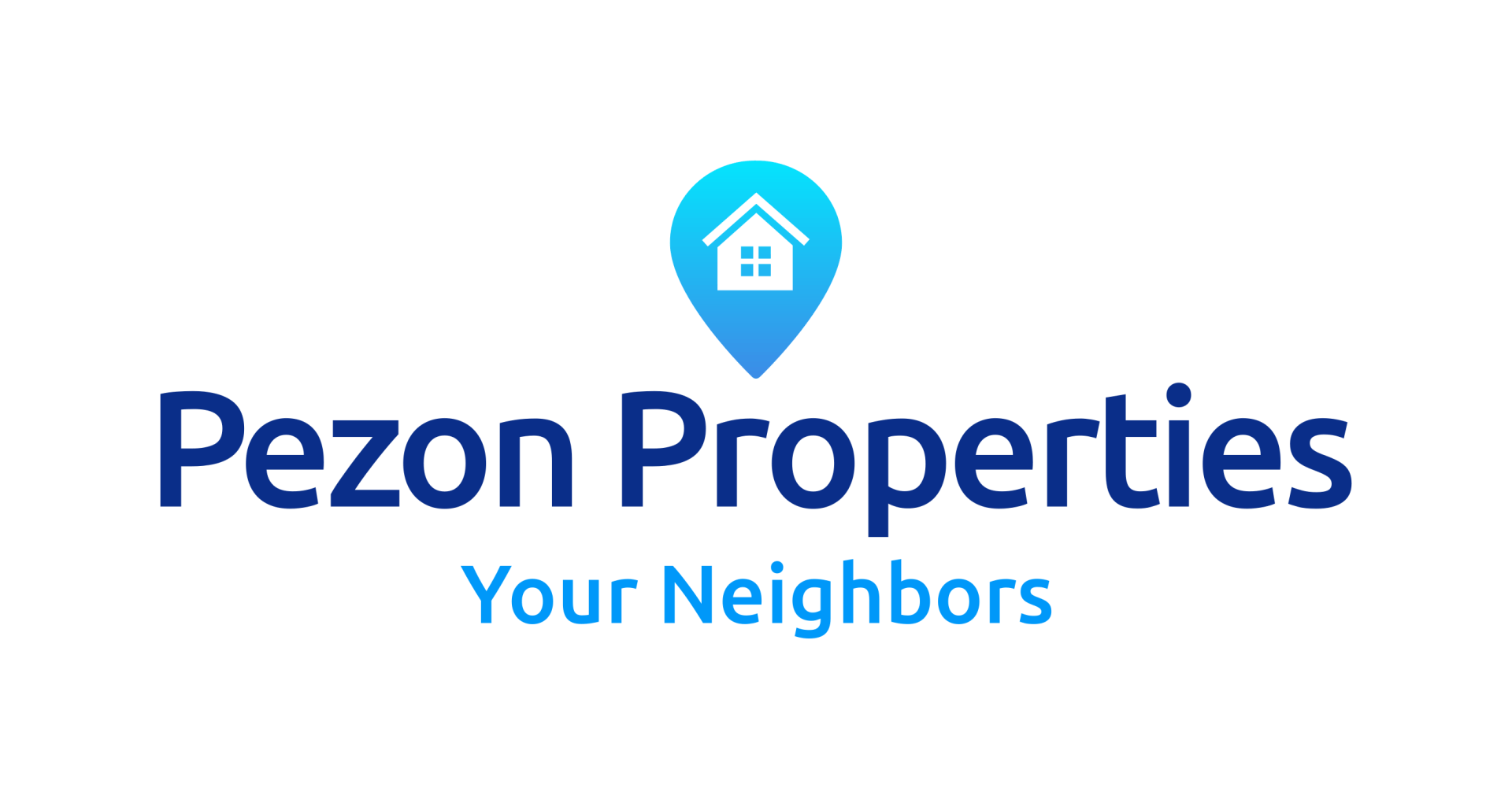Understanding the Tax Landscape When Selling an Inherited House
The financial and emotional aspects of selling an inherited home can be challenging. While it is a great way to settle the estate or earn some extra cash, you should know your tax options before selling.
Discover the ins and outs of the tax system concerning selling an inherited home, including how to minimize your tax liability, stepped-up basis, and capital gains tax.
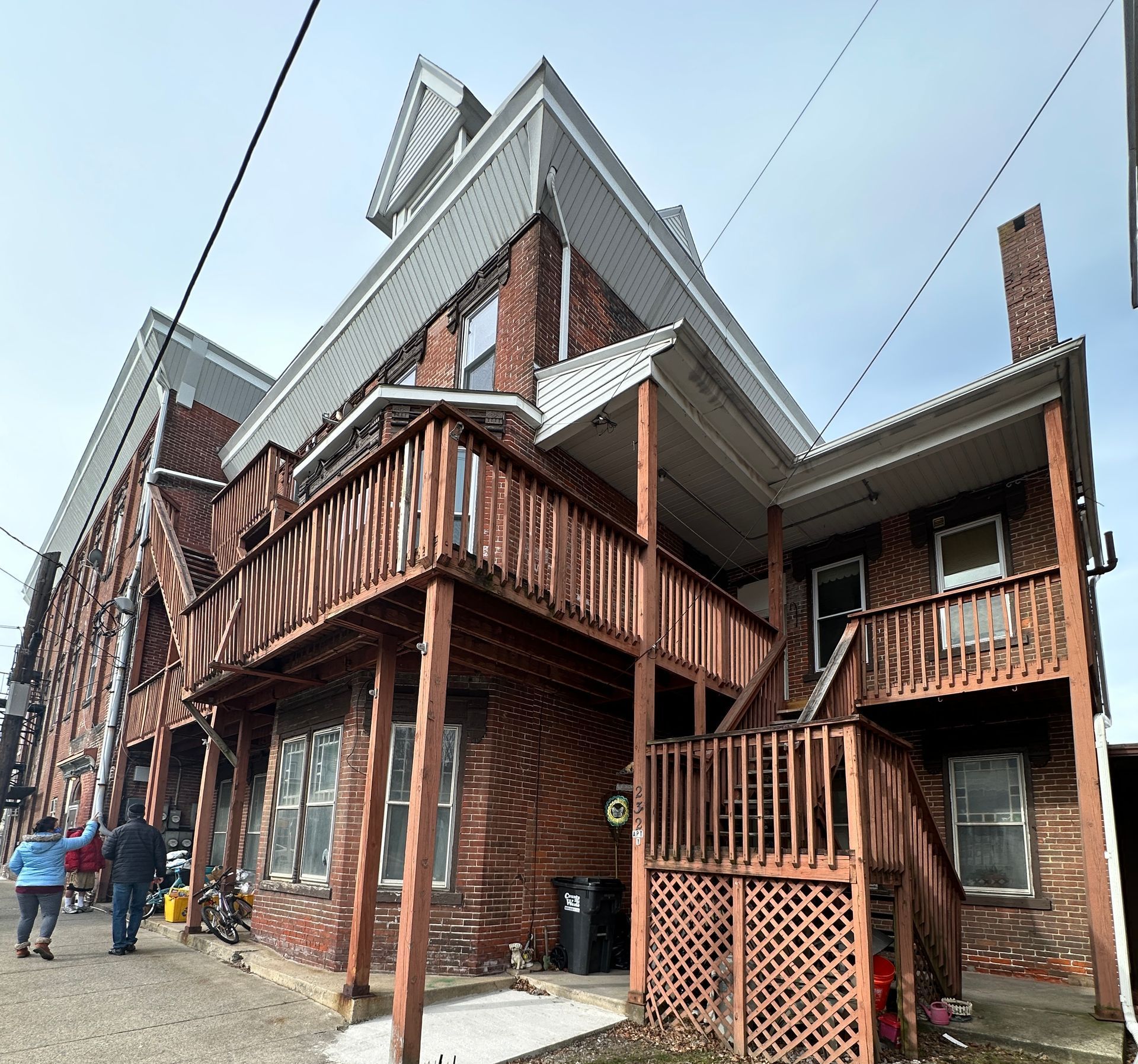
Capital Gain Tax Rates
Typically when you sell a home for more than you paid for it, you have to pay capital gains tax. It can range from zero to 20%, depending on your income. Your capital gain on your home sale is determined by subtracting the purchase price from the home’s current value. And you could be eligible for an exclusion up to $250,000 ($500,000 for a married couple) if you’ve lived in the property for at least two of the previous five years. (1)
Also, how long you kept the property and your total taxable income determine how much you will be taxed on capital gains. A person's basic income tax bracket determines their short-term capital gains tax rate in 2022, whereas long-term rates vary between zero and twenty percent.
Stepped-Up Basis
A very valuable asset when selling an inherited home is the idea of a "stepped-up basis." This implies that the tax valuation of the property is modified to reflect its market value as of the initial owner's death. This increased worth, not the initial purchase price, determines the capital gains tax due by the beneficiary.
For example, if the house was worth $300,000 when the decedent died, even if they paid $200,000, the person claiming it would have to pay capital gains tax on the $300,000 amount.
Holding Period
Your tax obligation may change depending on how long you keep the inherited property. The capital gains tax liability can be larger if you sell the house quickly after inheriting it compared to holding onto it for a longer period. The likelihood of being eligible for reduced long-term capital gains tax rates increases proportionally to the time you retain the property.
For instance, there are usually higher short-term capital gains tax rates than long-term ones, so you might pay more taxes when you sell an inherited property in a year.
Home Exclusion: Primary Residence
Beneficiaries may claim the main residence exception if the decedent's home was the inherited property. Presently, capital gains on the sale of a primary house can be excluded from taxation by an individual taxpayer up to $250,000 and by married people up to $500,000.
For instance, if the house that was passed down was the main residence of the deceased and the capital gain from selling it is $300,000 for an individual taxpayer or $450,000 for a married couple, then all of that gain is exempt from taxation.
Figure Out the Tax Basis
Find out how much the house was worth when the original owner died so you can determine how much capital gains tax you owe. To do this, you need an evaluation or appraisal done by an expert using local property prices as a benchmark. If the Internal Revenue Service asks for proof of your calculations, keep meticulous records to back them up.
State Inheritance Taxes
Remember that several states have taxes on inheritance or estates on top of the federal capital gains tax. Knowing your state's specific tax regulations and getting advice from a tax expert is essential because these taxes might differ greatly from one state to another.
Proper Documentation
Selling an inherited home requires proper paperwork. Document everything that changes with the property, including the selling details, the fair market value when it was inherited, and any upgrades. You may avoid audits and ensure you comply with tax rules by reporting to the IRS accurately.
Minimizing Tax Liabilities
As part of your financial plan, minimize your tax liabilities while selling the house you inherited. But you'll need to think about a lot of other tactics, including:
Equalize Profits and Losses
It is possible to lower the amount of capital gains tax due when selling an inherited home by using capital losses from other assets. Consider Quick home sale Philadelphia or selling some of your less valuable assets, such stocks or bonds, to balance off the gains from selling your house. You can reduce your total tax burden by employing this tactic called tax-loss harvesting.
Contributions to Charities
Giving your inherited house to a qualifying charity is a great way to minimize or eliminate capital gains tax. Donating appreciated property to a charity typically allows you to deduct the asset's full market value at the point of the contribution. In addition to helping a good cause, this method can save money on your taxes.
Invest in Home Improvements
Improving the inherited house before a Speedy transaction Philadelphia or quick sale can raise its tax base, lowering the total capital gains tax. Think about methods to improve the property that raises its worth. You can increase the property's basis by adding the costs of improvements. Therefore, it's important to keep track of them all.
Professional Guidance
It is critical to consult a tax expert or CPA knowledgeable about inheritance and property tax regulations. An expert like Sell My House Fast Philadelphia can look at your unique circumstances, figure out what's best for you, and make sure you're not breaking any rules when it comes to taxes.
They offer a thorough tax strategy customized to your circumstances and can assist you in navigating the intricacies of reducing your tax payments.
Conclusion
When you sell a home that you inherited, there are many tax factors to consider, such as the capital gains tax rate, the exclusions for primary residences, and factors that increase your basis. If you have a good grasp of these aspects and use strategic techniques to minimize taxes, you may maximize the sale's financial outcome while staying in compliance with the rules.
Reach out to seasoned tax and property experts like
we buy houses Philadelphia
for guidance in crafting a personalized tax plan to address your unique situation, paving the way for a fiscally responsible and fruitful transaction.
Give us a call anytime at 484-484-0971 or fill out this quick form to get started today!
Get A Fair Cash Offer On Your House

About the author
Mathew Pezon
Mathew Pezon is the founder and CEO of Pezon Properties, a cash home buying company located in Lehigh Valley, Pennsylvania. With several years of experience in the real estate industry, Mathew has become a specialist in helping homeowners sell their properties quickly and efficiently. He takes pride in providing a hassle-free, transparent, and fair home buying experience to his clients. Mathew is also an active member of his local community and is passionate about giving back. Through his company, he has contributed to various charities and causes.


